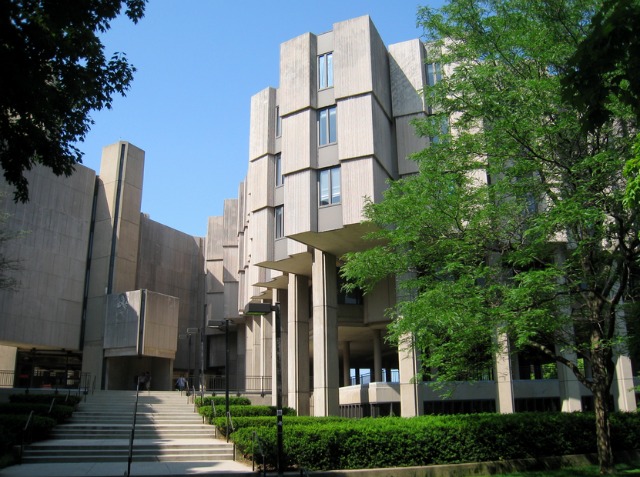Historians Urge Americans To Renounce Post-Trump 'Hateful Rhetoric,' 'Before It's Too Late'
By Stephen Gossett in News on Dec 15, 2016 5:32PM

Northwestern Unviersity, via Wikimedia Commons
Historians and legal scholars argued persuasively about some of the more disturbing overtones in Donald Trump’s campaign during the run-up to November; and now that he’s officially president-elect, we’re seeing perhaps the most full-throated rejoinder from those with the best historical perspective. A collective statement, signed by 1200 professional historians and scholars, urges Americans to be “vigilant against a mass violation of civil rights,” potentially on par with World War II and Cold War-era abuses, in the face of “hateful rhetoric.”
"Looking back to history provides copious lessons on what is at stake when we allow hysteria and untruths to trample people's rights," the statement reads. "We know the consequences, and it is possible, with vigilance and a clear eye on history, to prevent tragedy before it is too late."
The powerful statement—which looks back at relatively recent historical black eyes such as the interment of 120,000 Japanese-Americans and the HUAC witch hunts, while addressing the ongoing “facts vs. misinformation” challenge—was spurred on by Northwestern University's Shana Bernstein, Oberlin College's Shelley Lee and University of Kansas' Kim Cary Warren. Bernstein envisioned it as a small op-ed, co-signed by a few colleagues, but support ballooned from throughout academia. As Mother Jones noted, signatories include six Pulitzer Prize and at least twelve Guggenheim Fellows.
The Professor Watchlist and speculation about a potential Muslim registry led Bernstein to “consider a lot about what I do as a historian,” she said.
“As a professor, I ask, ‘Are my students thinking critically? Why is this happening?’ Our hope is that it translates to the larger American public,” Bernstein told Chicagoist. “We have to think about what we’re missing in terms of historical perspective, think carefully about the evidence.”
The idea that interments during World War II constituted a “wartime necessity” doesn’t hold water, for instance, as there was no mass interment in Hawaii, where the Pearl Harbor attacks occurred, Bernstein notes.
Bernstein said support for the statement among historians and scholars was so overwhelming that they had to leave potential signatories off, so that the most prominent and pertinent-to-topic scholars would be highlighted.
The full statement is available here, along with a list of the 1000-plus signees.